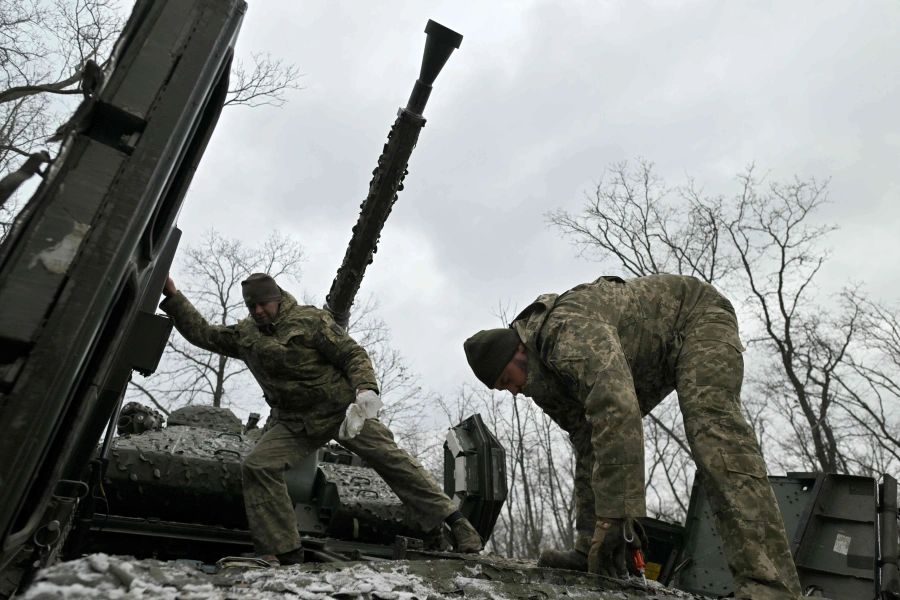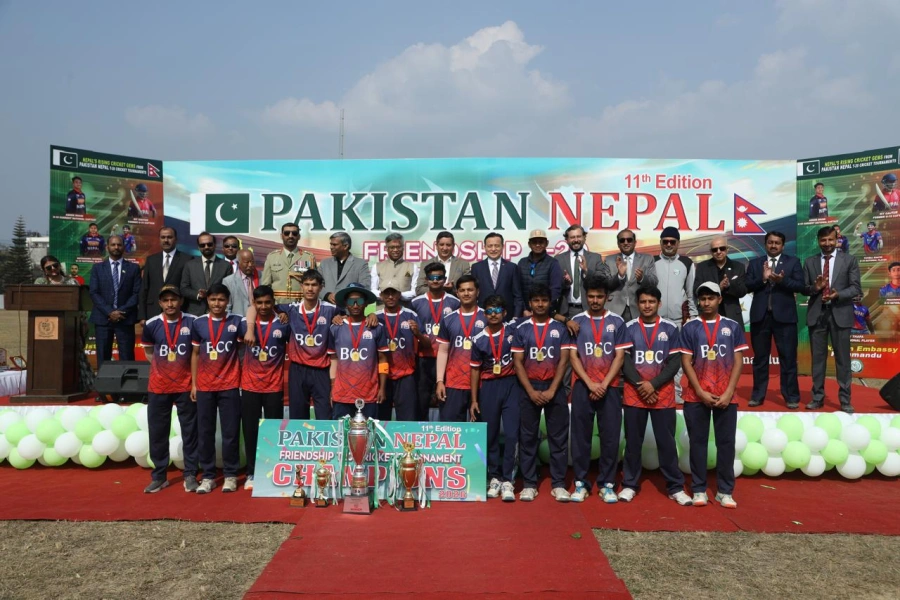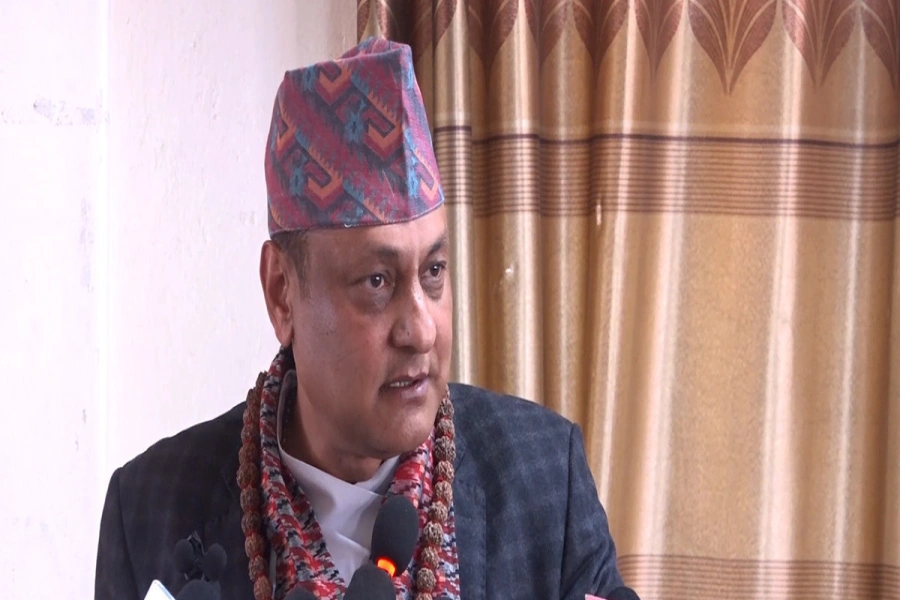After a rigorous vice chancellor (VC) selection procedure, Kathmandu University (KU) finally got its academic and administrative leadership. Prof. Dr. Achyut Wagle who has been appointed the VC has a mammoth task of restoring the reputation of one of the leading universities of the country.
KU was established as an autonomous, not-for-profit, self-sustaining academic institution in the early 1990s through an academic initiative spearheaded by visionary academician Dr. Suresh Raj Sharma. KU blossomed to set a new benchmark in Nepali academic landscape during the early days under the capable leadership of Dr. Sharma and dedication of young and motivated faculty and staff members. Initially, KU operated in a totally different league than Tribhuvan University (TU) as the partisan politics had not yet encroached on the university premises. For many years, partisan politics was barred from the university that had allowed the academic activities to proceed smoothly aligning with the preplanned academic calendar. The exams were conducted on schedule and the results were published in a timely manner, maintaining KU’s commitment to academic discipline.
Alas, the early bourgeoning of KU was short lived as the ubiquitous partisan politics gradually infiltrated the university. It was also largely due to the fact that the political figures including the prime minister and the education minister held the coveted positions of the chancellor and the pro-chancellor, respectively. With frequent government shuffles over the last decades, the chancellor and the pro-chancellor also got changed frequently and every new chancellor and pro-chancellor attempted to impart their party-motivated influence. Unfortunately, the blatant partisan politics infiltrated the management and the student body of the university. This has triggered the unprecedented gradual downfall of the pioneer university of the nation.
The VC selection fiasco
After four unrestrained VC tenures of Dr. Suresh Raj Sharma, the appointment process for subsequent VCs has always become a contentious issue. Regardless of who has been appointed since Dr. Sharma, the selection procedure and acceptance of new VCs have consistently sparked controversies. The integrity of the recent VC recommendation committee led by Dr. Sharma had also been questioned with concerns about political influence and favoritism overshadowing merit-based selection.
Eight universities from Nepal, India and B’desh to compete in J...

The controversial VC recommendation procedure had raised serious concerns regarding the future leadership and the overall wellbeing of KU. This is supported by the fact that 8 of 10 VC aspirants had written to the prime minister, questioning the selection panel convener’s role and pledged for an intervention for a fair and transparent selection process.
Amid allegations of dubious activities by the VC recommendation committee and mistrust among candidates, the recommendation committee was finally able to shortlist three candidates and Prof. Wagle was appointed the VC. Despite the controversy related to the integrity of the selection committee and impartiality of the procedure, Dr. Wagle has a daunting task to prove his mettle in justifying his selection as the academic and administrative leader of KU.
Reforming VC selection procedure
Amid grave concerns related to the VC selection procedure at KU, an innovative, impartial, and impactful methodology should be applied for the appointment of the VC in future. Instead of a designated VC recommendation committee formed by the prime minister, a high-level committee including impartial and apolitical academicians from within Nepal and abroad should be formed to select the VC. All the academic credentials and scientific achievements of the aspiring internal and external candidates should be independently and transparently evaluated with a machine-learning algorithm. The short-listed candidates should be invited to present their vision in front of all the faculty, teaching staff, invited reputed faculties from other universities, and student representatives. The audience should be given the opportunity to evaluate the presentations by assigning numerical scores to the candidates. The candidate with the highest score should be appointed as the VC, with the condition that the presented vision must be implemented during his/her tenure.
This automated procedure will shatter all the controversies related to VC selection procedure in the universities and a visionary and capable candidate will be selected to lead the respective university. An apolitical supervisory committee including renowned academicians should be formed to oversee the progress of the university as per the vision of the appointed VC. This innovative VC selection process will set a precedent for the free and fair appointment of VCs also at other universities, helping to safeguard academic institutions from partisan politics.
International collaborations
Generating and maintaining international collaborations should be one of the objectives of the newly appointed VC. Based on my experience at a university abroad, I can attest that many international universities and academic institutions are willing to support Nepali universities. In fact, KU has signed memorandums of understanding (MoU) with more than 280 universities spanning 57 countries. KU should actively identify and leverage active and fruitful collaboration opportunities with these universities for its growth and development.
On a personal note, a partnership agreement was signed between the KU and our Martin-Luther University Halle-Wittenberg in 2017. The agreement aimed to strengthen academic relations between the two institutes. As part of this effort, a delegation of KU had visited our university to explore and discuss potential collaboration opportunities. However, the endeavor was halted due to the COVID-19 pandemic. Afterwards, KU underwent a change in its academic leadership that seemed to have not prioritized pursuing our collaborations.
During my visit to KU, I have observed that all the international partnership agreements were stored in a folder - most of them remained largely unaddressed. The new leadership should revisit all existing international partnership agreements and revive those that have remained unexplored. Strengthening international collaborations will significantly enhance KU’s academic excellence and expand opportunities for cutting-edge research that will improve the international standing of the university. Establishing a dedicated department to nurture and manage international partnerships would be a valuable step in this direction.
KU is an exemplary academic institution that has reshaped the academic landscape of the nation by implementing contemporary and state-of-the-art higher education initiatives. This academic treasure should be preserved and exalted for a better educational outreach. For that, its autonomy should be preserved and the partisan political influence should be strictly abhorred.

































